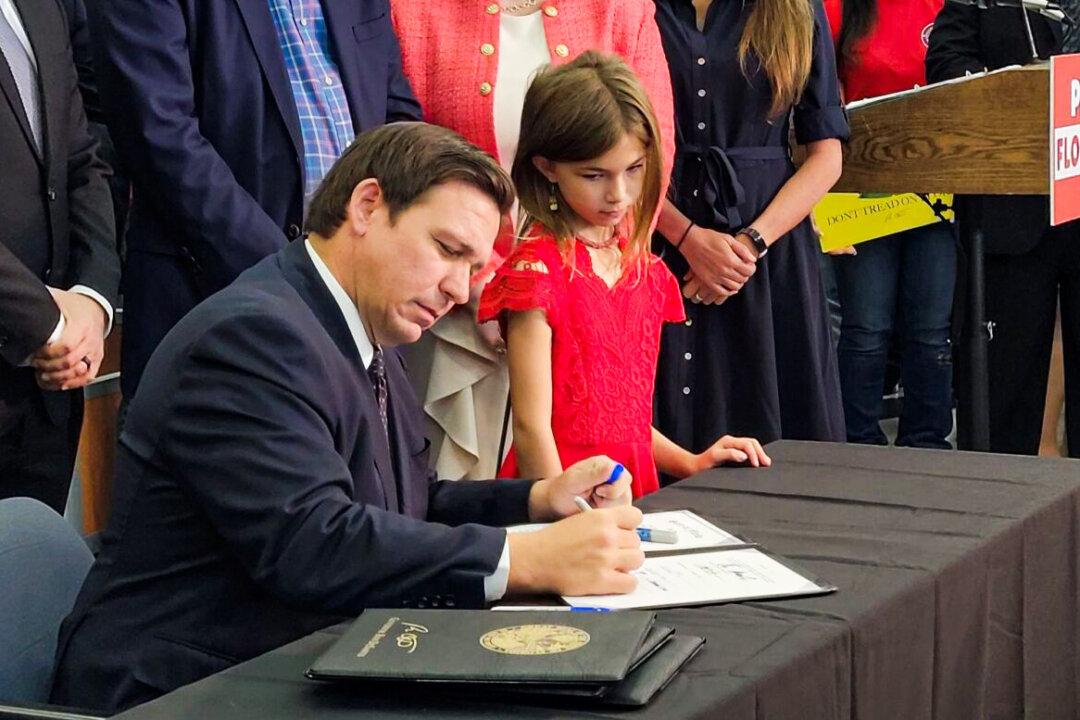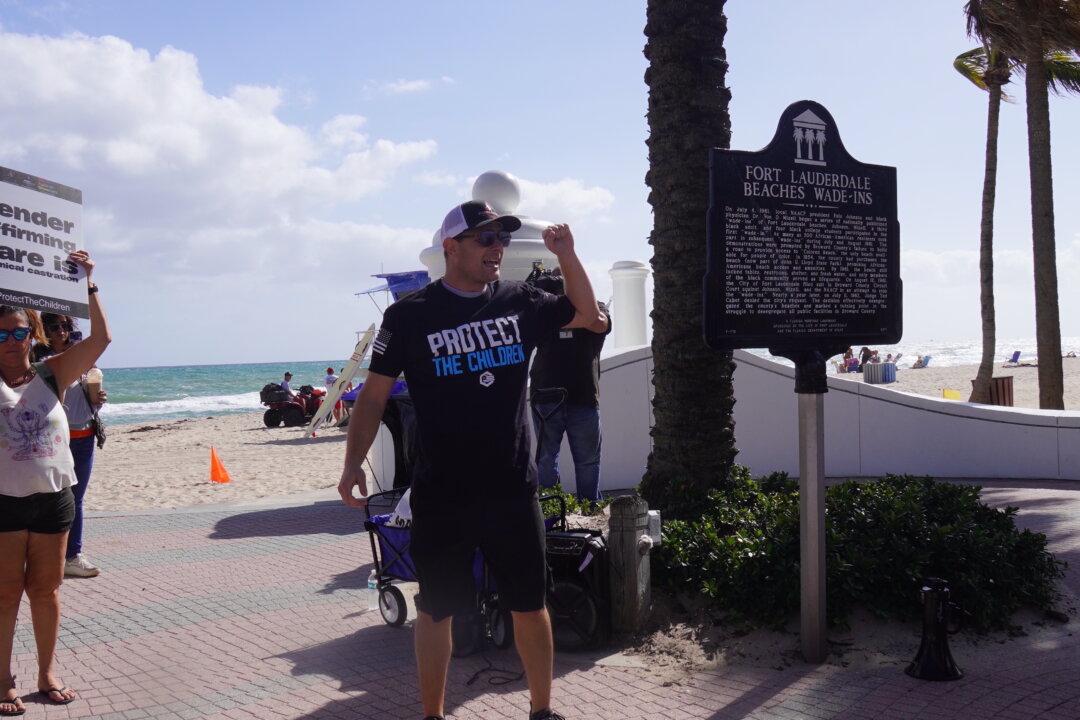Florida Gov. Ron DeSantis announced Nov. 22 that he will ask state lawmakers to cut gas and fuel taxes by $1 billion in the upcoming January session of the legislature.
DeSantis said that “nothing has pinched people more than these gas prices.” In addition to relief for Floridians via the tax cut, he called on fuel stations to reduce prices by 25 cents per gallon.




